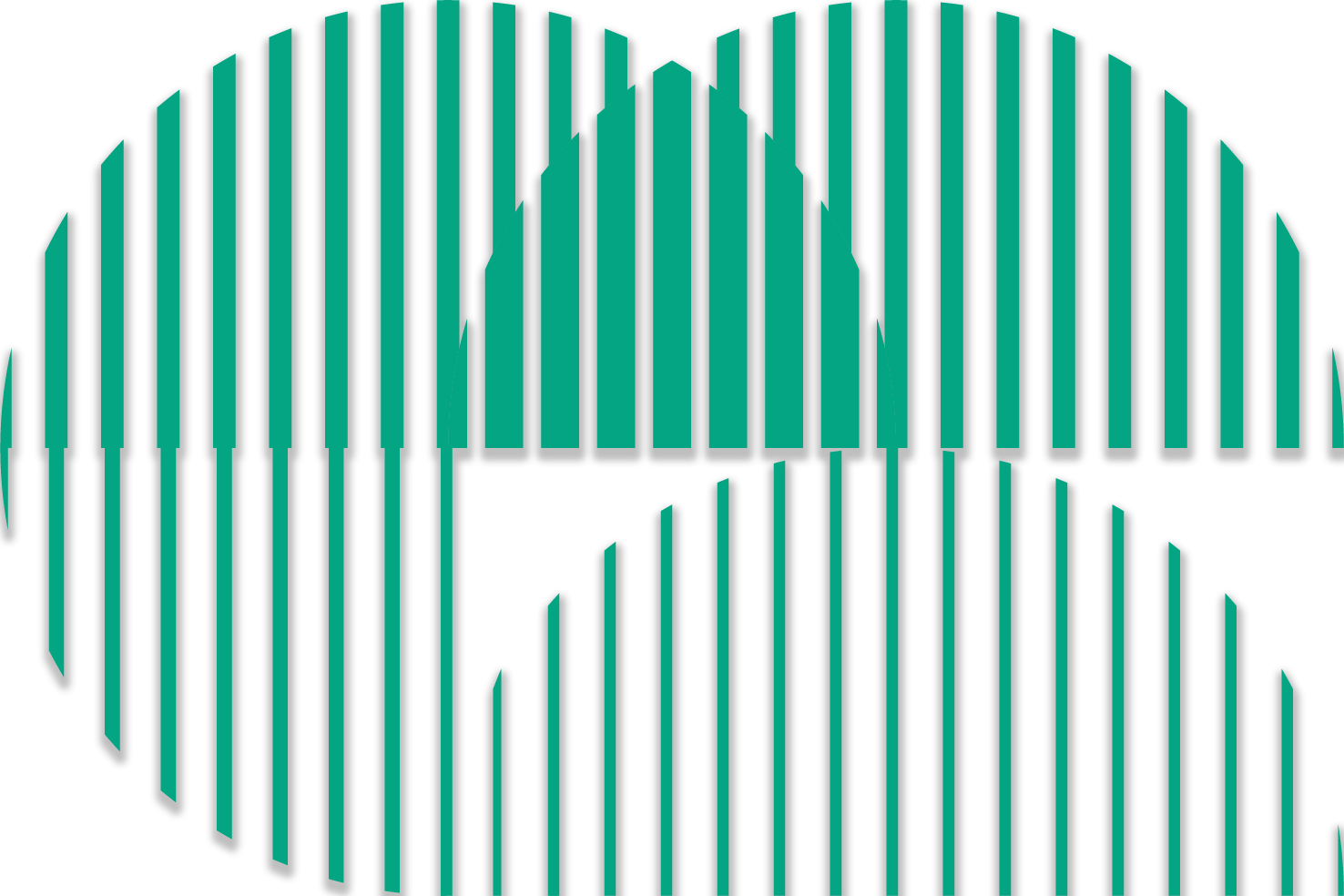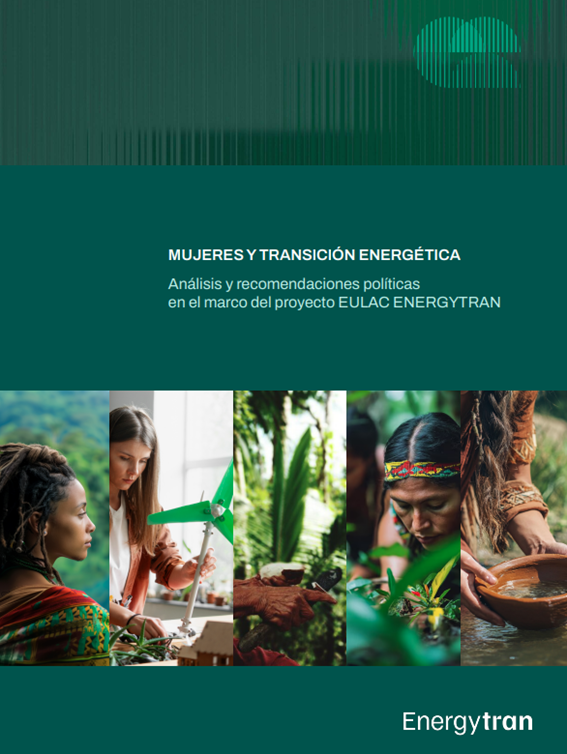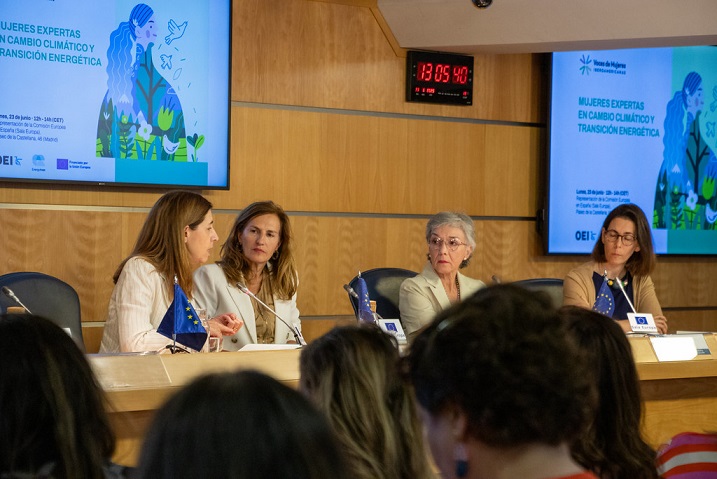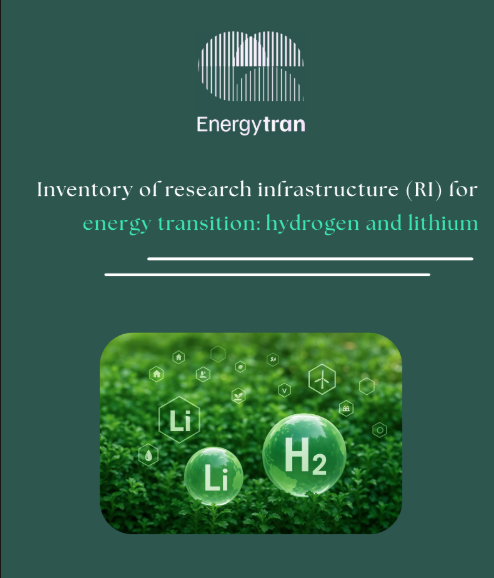This article is part of the EULAC ENERGYTRAN project, focused on scientific cooperation to address the energy transition in the countries of Latin America and the Caribbean (LAC) and the European Union (EU). Among the project’s objectives is to support the development of public policies and regulatory frameworks that promote a clean, sustainable, and fair transition in the energy sector to advance toward a resilient society.
The project also has other goals: promoting knowledge exchange and generation from a multidisciplinary perspective (technological, environmental, social); transferring technological development results to provide solutions that enable progressive electrification integrating decarbonized and low-emission energy sources such as green hydrogen, lithium, and solar-thermal energy.
Among the project’s specific outcomes is fostering scientific cooperation networks between R&D&I entities in Latin America and European research infrastructures, as well as generating dialogue and exchanges with local contexts (indigenous and rural communities) to build capacities for the use of clean energy to meet social needs.
This document aims to complement the policy recommendations to be developed within the project on the topic of energy transition. Its goal is to incorporate gender-focused recommendations, particularly those that help break the traditional structures of male-dominated energy systems and reduce gender gaps, fostering greater equality of opportunities between men and women.
To this end, the introduction provides a general overview of the international context of gender and energy transition. The first section reviews academic literature and official documentation on the role of women in various aspects of the energy transition. The second section summarizes the diagnosis of the energy transition situation from a gender perspective within the project, identifying existing gaps linked to the Sustainable Development Goals (specifically SDG5 –Gender– and SDG7 –Energy–).
The third section includes various international initiatives promoting the integration of women into the energy sector, along with examples of gender-focused energy policies. Finally, the document presents a series of gender-sensitive recommendations to contribute to political decision-making. https://oei.int/oficinas/secretaria-general/publicaciones/mujeres-y-transicion-energetica-analisis-y-recomendaciones-politicas-en-el-marco-del-proyecto-eulac-energytran/








